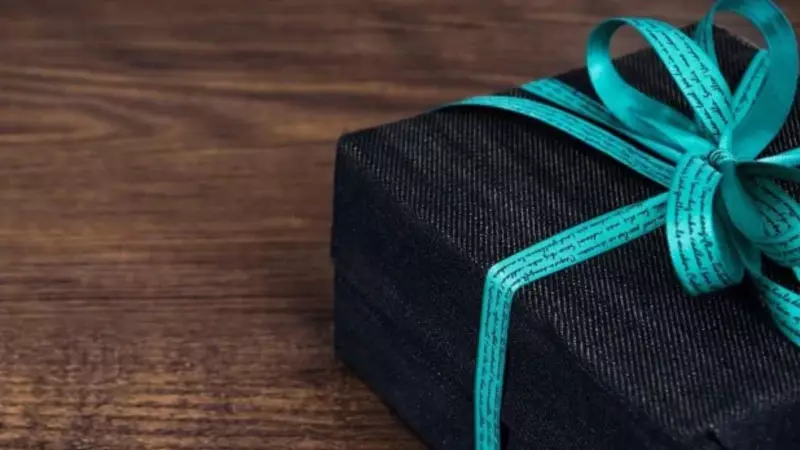
In a development that has sparked widespread debate about ethical boundaries, a senior civil servant in Chandigarh finds themselves at the center of controversy for accepting extravagant Diwali gifts cleverly disguised as traditional offerings.
The incident came to light when the official received what appeared to be routine festival hampers containing 'khoi' – a customary offering of puffed rice typically associated with simple, traditional celebrations. However, upon closer inspection, these containers revealed themselves to be far from ordinary.
The Disguised Luxury
Sources familiar with the matter revealed that the seemingly humble containers of khoi actually concealed premium dry fruits, imported chocolates, and other high-value items that significantly exceeded the symbolic nature of traditional festival gifts. This sophisticated packaging raised immediate red flags about the intention behind these presents.
Ethical Concerns for Public Servants
The case has ignited serious discussions within administrative circles about where to draw the line for government officials accepting gifts during festive seasons. While Diwali traditionally involves exchanging sweets and tokens of goodwill, the disguised nature and substantial value of these hampers have prompted questions about potential influence peddling.
"When gifts are deliberately camouflaged to appear modest while containing luxury items, it naturally raises concerns about the giver's motives and the receiver's judgment," commented an anonymous administrative official familiar with government ethics protocols.
Broader Implications
This incident occurs against the backdrop of ongoing efforts to maintain transparency in governance. The Chandigarh administration has previously emphasized the importance of public servants maintaining arm's length from potential benefactors, especially during festivals when the lines between cultural tradition and improper influence can blur.
Experts suggest that such cases highlight the need for clearer guidelines about gift acceptance for civil servants, particularly when the gifts' true value is concealed. The controversy serves as a cautionary tale for government officials across India as they navigate the complex intersection of cultural traditions and ethical responsibilities.
As the discussion continues, many are watching to see how administration authorities will address this sensitive matter that touches upon both cultural practices and governance standards.





